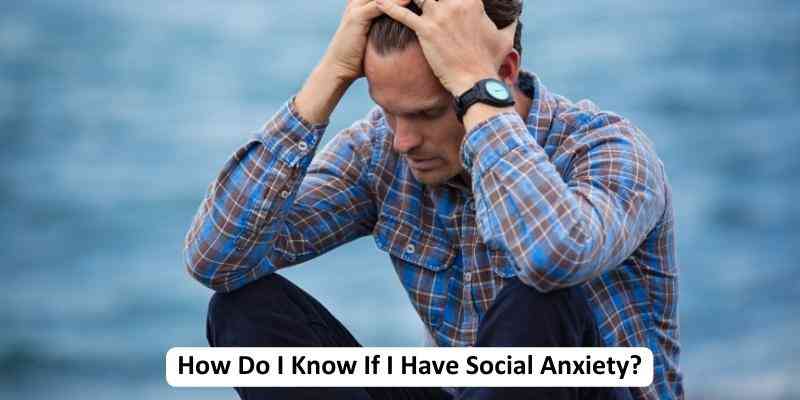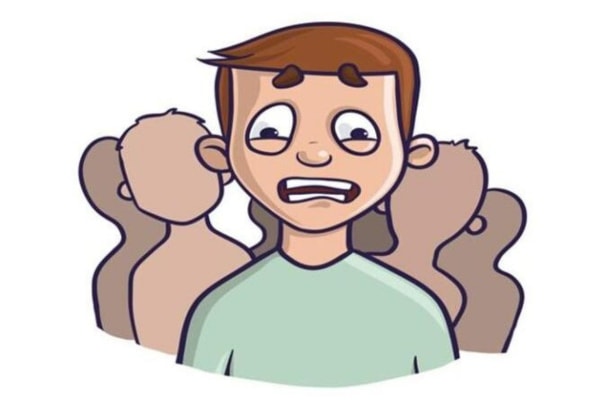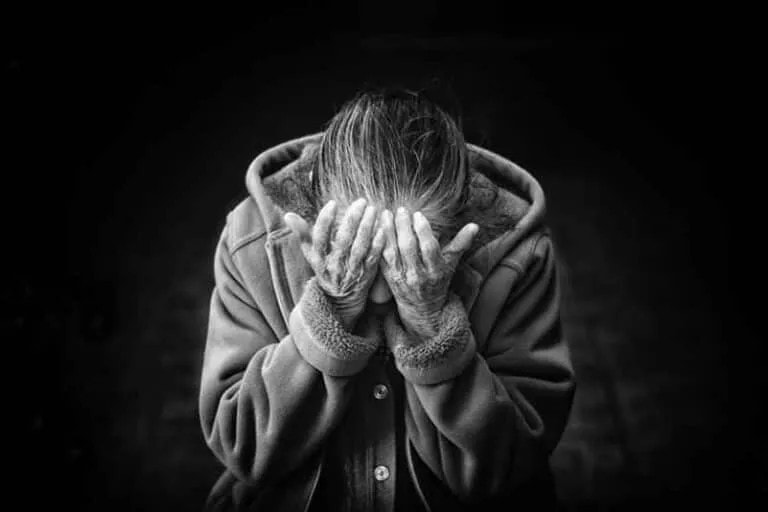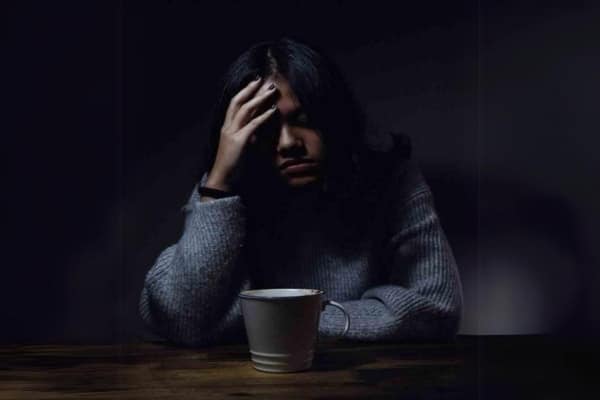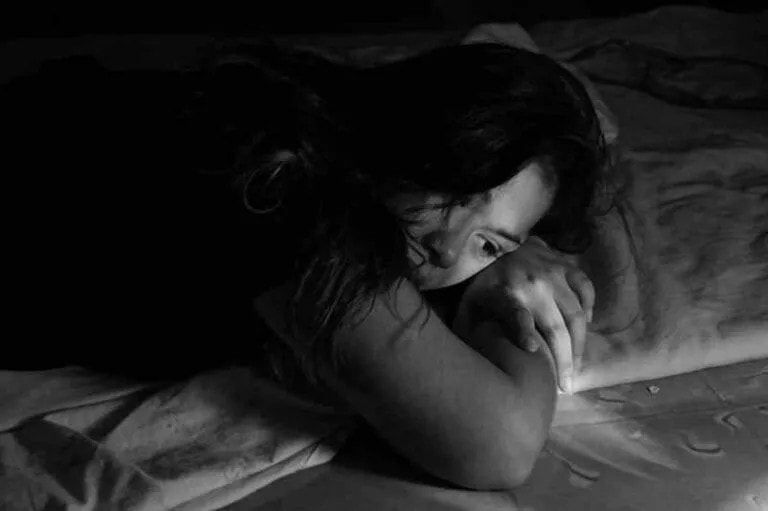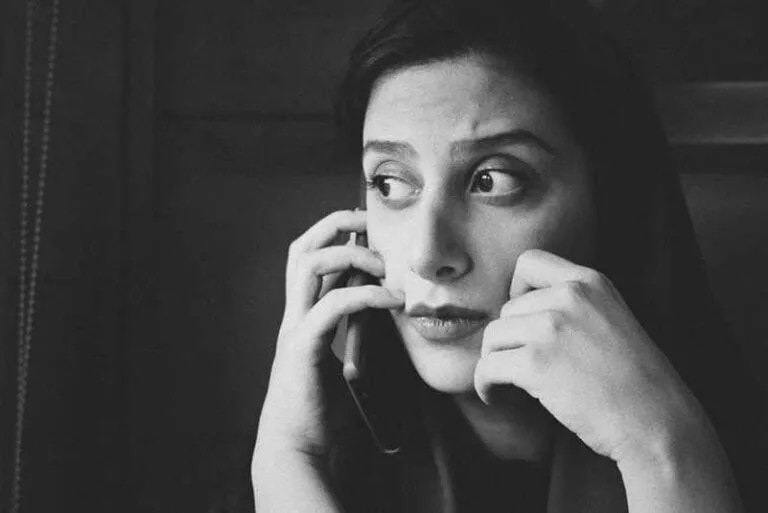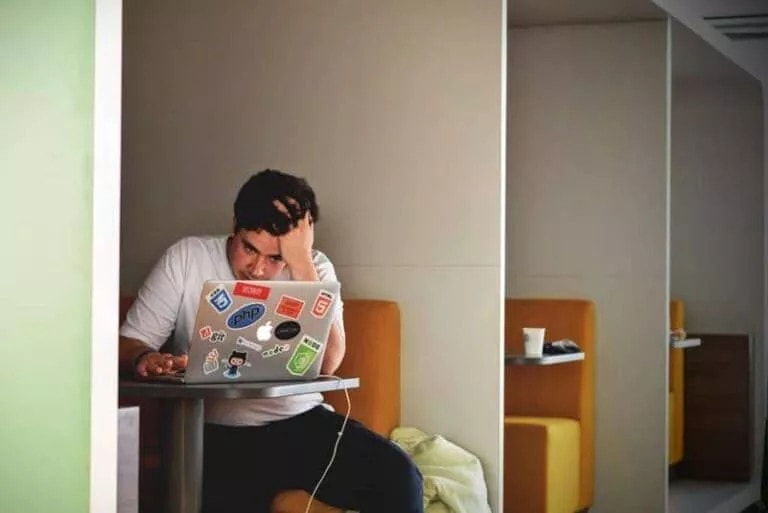Have you ever noticed yourself getting self-conscious in a social gathering, during an interview, or when preparing for a speech?
Feeling a little conscious and nervous about an important event is normal and happens with almost everyone.
A social anxiety disorder, on the other hand, is a lot more complicated than self-consciousness.
First of all, it isn’t just shyness.
It involves an extreme feeling of fear of certain social situations. In particular, these situations include unfamiliar ones or where there is this fear of being watched or evaluated by others.
Such situations may be scary to the point that you get anxious just by thinking about or doing whatever you have to avoid them.
That causes a massive barrier in your life where you have to dodge situations that may cause anxiety continually.
What Is Social Anxiety?
Social Anxiety is a chronic mental disorder in which regular daily social interactions may cause irrational anxiety.
For most people, this includes feelings like extreme fear, self-consciousness and embarrassment.
They fear situations wherein they feel judged, embarrassed or humiliated, or concerned about offending someone.
The stress and pressure in such situations aren’t easy to handle. There is a high likelihood that you might start avoiding all social contacts and halt all social aspects of your life.
How Does Social Anxiety Feel?
Social anxiety isn’t a typical kind of fear.
It feels like something is killing you from the inside. You get sweaty palms, elevated heartbeats, your mind goes blank, and you start trembling with fear.
You get anxiety while talking to and meeting new people and attending social events; you start fearing being judged or scrutinized by others.
Even if you understand that the fears are unnecessary and are unlikely to happen, you feel powerless to control them.
Social Anxiety Disorder is one of the most common mental disorders, so don’t feel like you’re the only one who feels that way.
This disorder’s treatment includes different avenues, such as medication, anxiety therapy, counselling sessions, and psychotherapy sessions. You can book a session right away so I can help you along this journey.
Social Anxiety versus Shyness
A major misconception in this disorder is deeming it the same as shyness.
Shyness is usually for a short duration and does not have adverse effects on your life.
Social anxiety, on the other hand, is something that can completely disrupt your life, your confidence, and your subconsciousness. Social anxiety affects your work, school attendance, and performance levels.
What Are The Causes Of Social Anxiety?
The exact cause is still unknown, but a few factors may lead to social anxiety. The following causes may be a reason for a person to develop this disorder.
- The environment you grow up in
- How supportive your parents were
- Any childhood abuses
- Bullying
- Fear of being teased for a physical flaw
- Some deep-down pain you may be suffering from and unable to tell others
- Serotonin imbalance (a brain chemical helping as a mood regulator)
- An overactive amygdala (fear controlling structure of the brain)
- Genetic/hereditary reasons, like a parent suffering from the same
- Raised in a controlling/overprotective environment
How Do You Know If You Have Social Anxiety?
Social anxiety or social phobia does seem familiar and common. Often, it is misunderstood with a simple introvert or shyness, hence before concluding that you have it, you need to be sure about it.
Some common symptoms look like:
- Sweating
- Trembling or shaking hands and feet
- Speech ability disabled
- Dizzy or fatigued
- Increased heartbeats
- Feeling ashamed
- Guilty feeling
- Feeling embarrassed
- A feeling of nausea
- Feeling scared
- Overly concerned about social situations
- Not able to stop thinking about the event
- Avoiding social situations
- Hide somewhere in the background to avoid people
- Being concerned about embarrassing yourself in a social situation
- Being concerned that other people will notice you are stressed or nervous
- Using alcohol to deal with a social situation
- Skipping school or work because you are feeling overwehlmed
- Feeling panicked when facing a social situation
- Being unable to express yourself
Some of the most common and sometimes important moments of your life can be the triggers of your anxiety:
- Job Interviews
- Giving a presentation in class
- Asking a question in a meeting
- Shopping
- Using a public restroom
- Talking on the phone
- Eating in public
- Asking for a seat in a metro
How To Deal with Social Anxiety?
The negativity associated with social anxiety and the tendency to take it as a joke should be addressed, especially with family, friends and colleagues.
To make others take it seriously, you need to take action yourself.
- Seek help without discounting your anxiety
- Talk to a trusted family member or friend
- Consult a counsellor or psychotherapist
- Get an appointment with your psychiatrist for diagnosis
- Ensure that you receive appropriate help to stop the symptoms from worsening and leading to further self-isolation
Some further steps that can help your symptoms from becoming worse are
- Learn skills that help you relax like mindfulness
- Practice physical workout or any other physical activity regularly
- Get enough sleep
- Healthy eating with a well-balanced diet
- Avoid alcohol and other substance use
- Avoid caffeine
- Try to reach out to people with whom you feel comfortable and interact!
Conclusion
Some of the symptoms of social anxiety are so common that they are taken as a joke.
Many times, our family members ignore the intensity of our symptoms till it may be too late.
You may become unsure about seeking help, as you start feeling like a burden for not being ‘normal.’
But this is the tough part. You need to initiate help for yourself.
Go ahead, take a leap of faith in yourself and ask for help to overcome anxiety.

